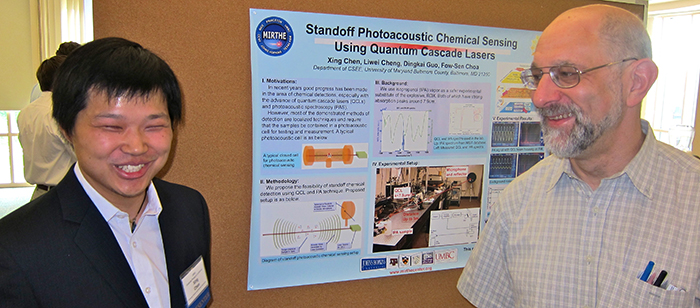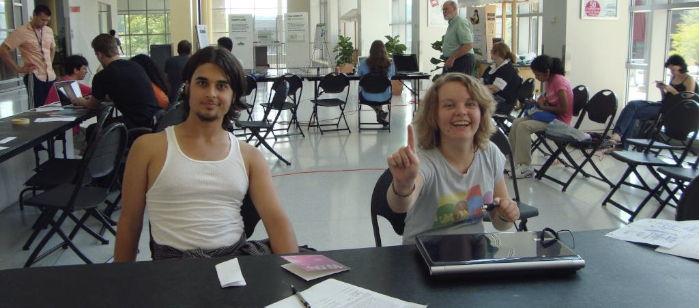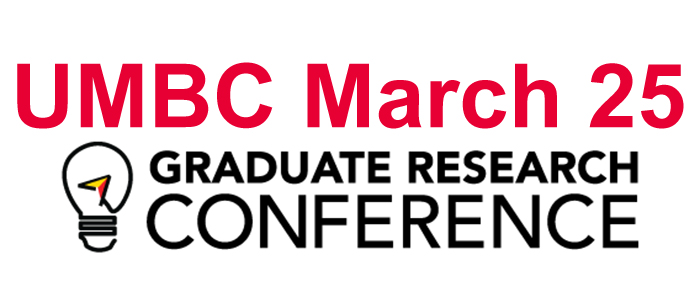
This weekend, UMBC’s Cyber Defense Team (the ‘CyberDawgs’) took first place at the 2015 National CyberWatch Mid-Atlantic Collegiate Cyber Defense Competition (CCDC).
UMBC was one of ten teams that advanced to the regional finals held at the Johns Hopkins Applied Physics Lab on March 25-28. As the first place winner, the CyberDawgs will represent UMBC and the Mid-Atlantic region at the National CCDC in San Antonio, Texas April 24-26, 2015.
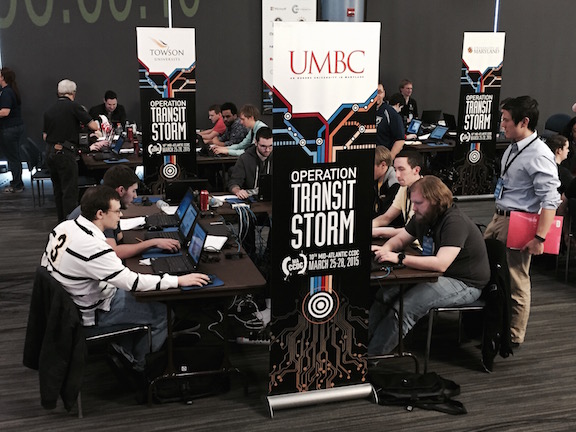
According to CyberDawgs president Jacob Rust (CMSC ’16), UMBC maintained a strong lead throughout the event, finishing with a raw score of 1674450 — which was 353400 more points than the second place team. Jacob also reported that UMBC ended the first day solidly in first place and remained in the lead for almost the entire competition.
The final standings for this weekend’s action are:
1st: UMBC 1674450
2nd: UMCP 1321050
3rd: Towson 1159925
The CyberDawgs participating in the MA-CCDC finals were Jacob Rust, Tyler Campbell, Anh Ho, John Beers, Joshua Domangue, Chris Gardner, Julio Valcarcel, and David Young.
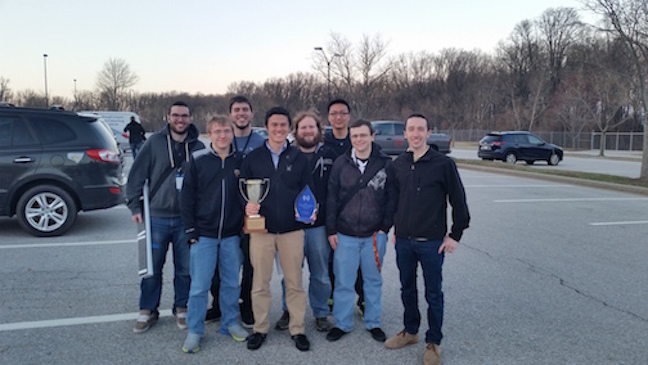
As a highly motivated and self-directed team, this is the first time the CyberDawgs have won MA-CCDC, but certainly will not be the last. We wish the team luck as they prepare to compete in the National CCDC finals!
Interested in joining the CyberDawgs? Contact Jacob Rust () for more information — they’re always looking for new members! (The team meets weekly on Tuesdays at 7PM in ITE 227.)
The CyberDawg faculty advisors are Dr. Charles Nicholas and Dr. Richard Forno.



